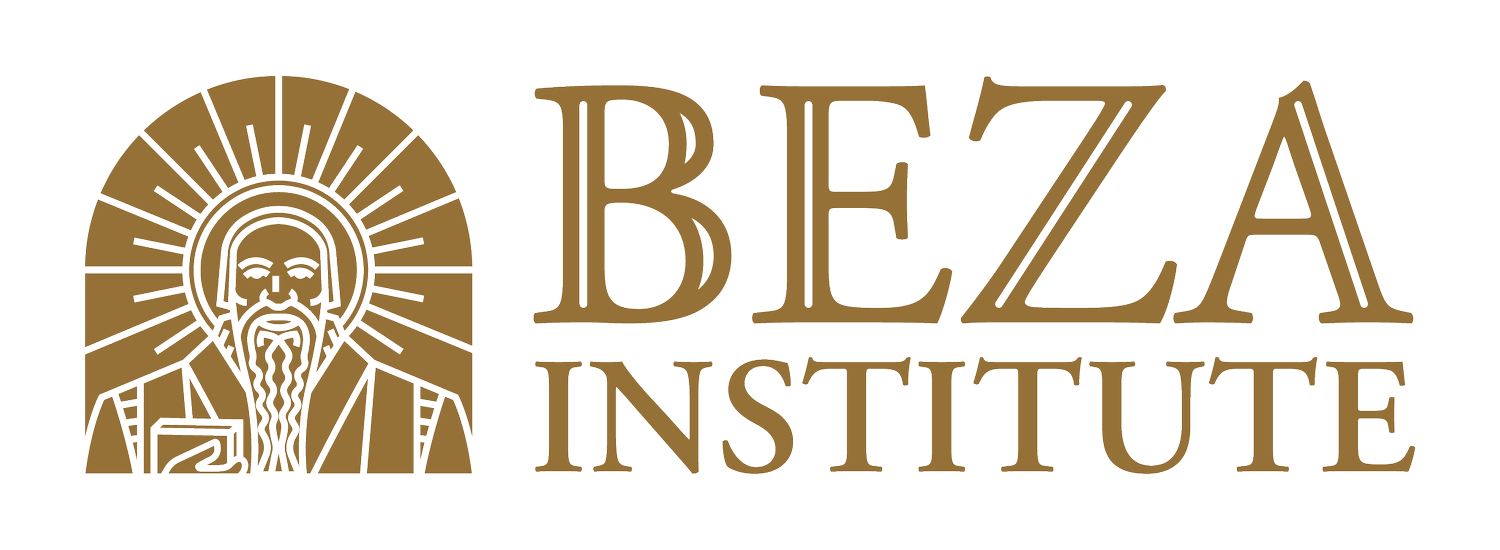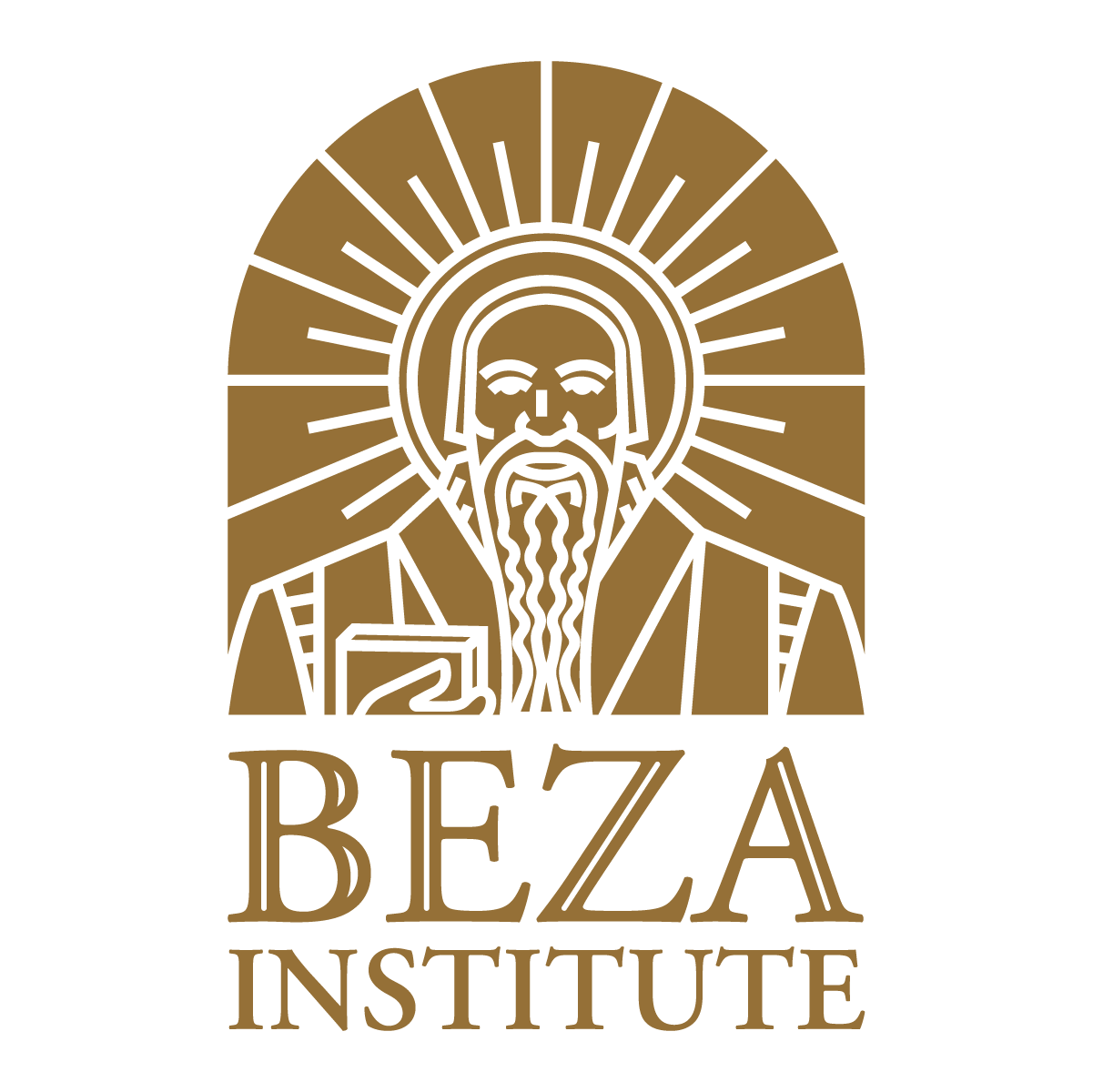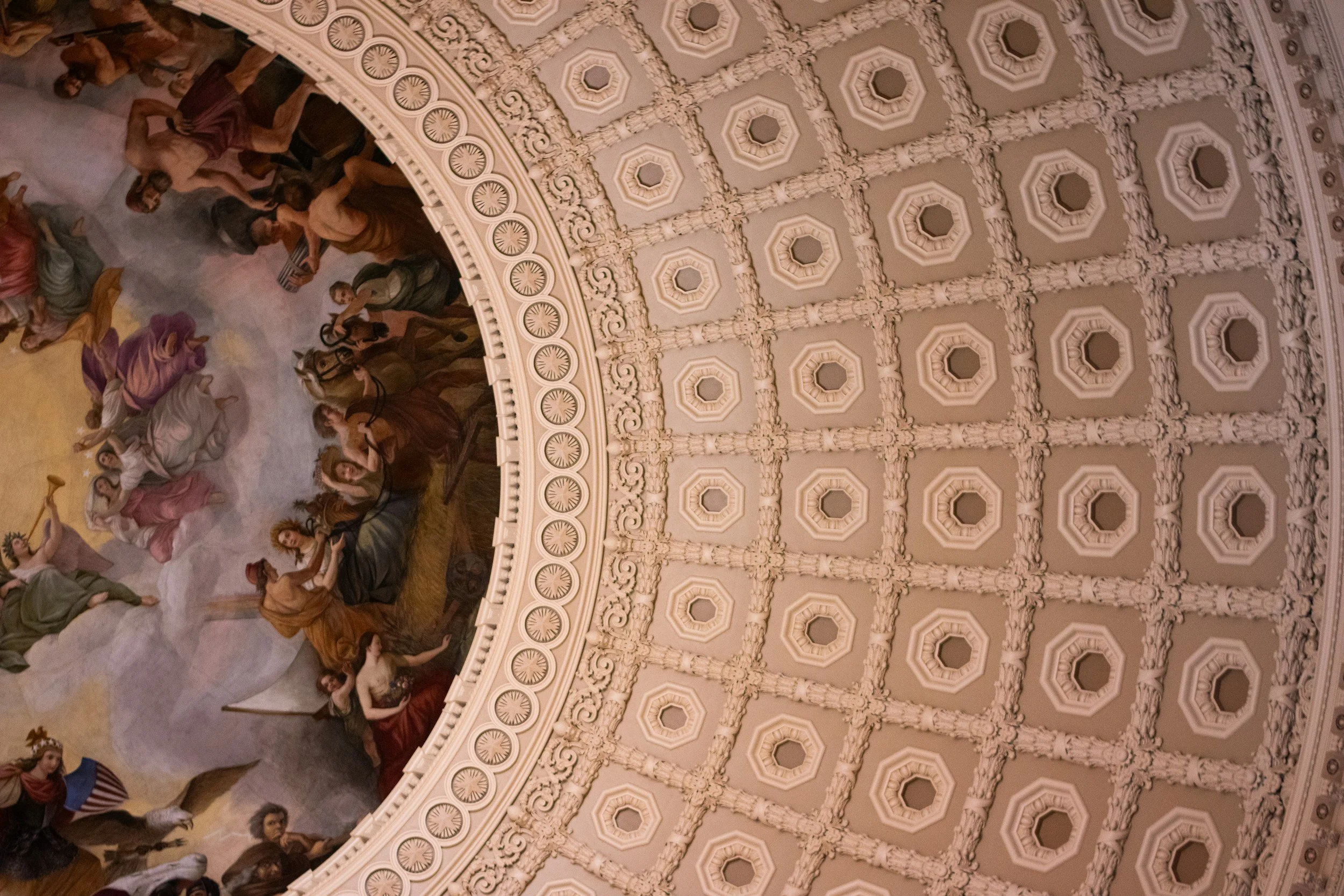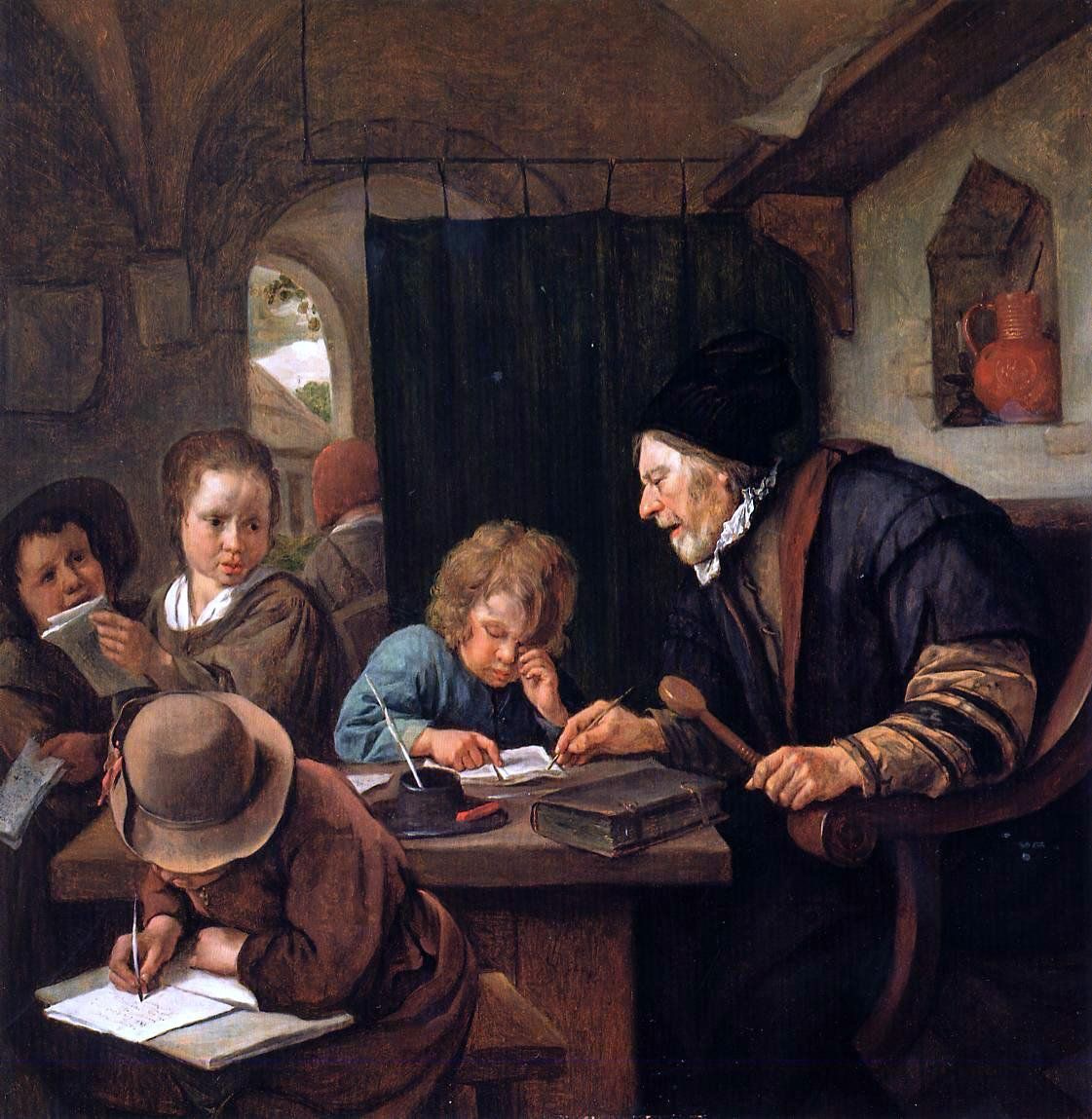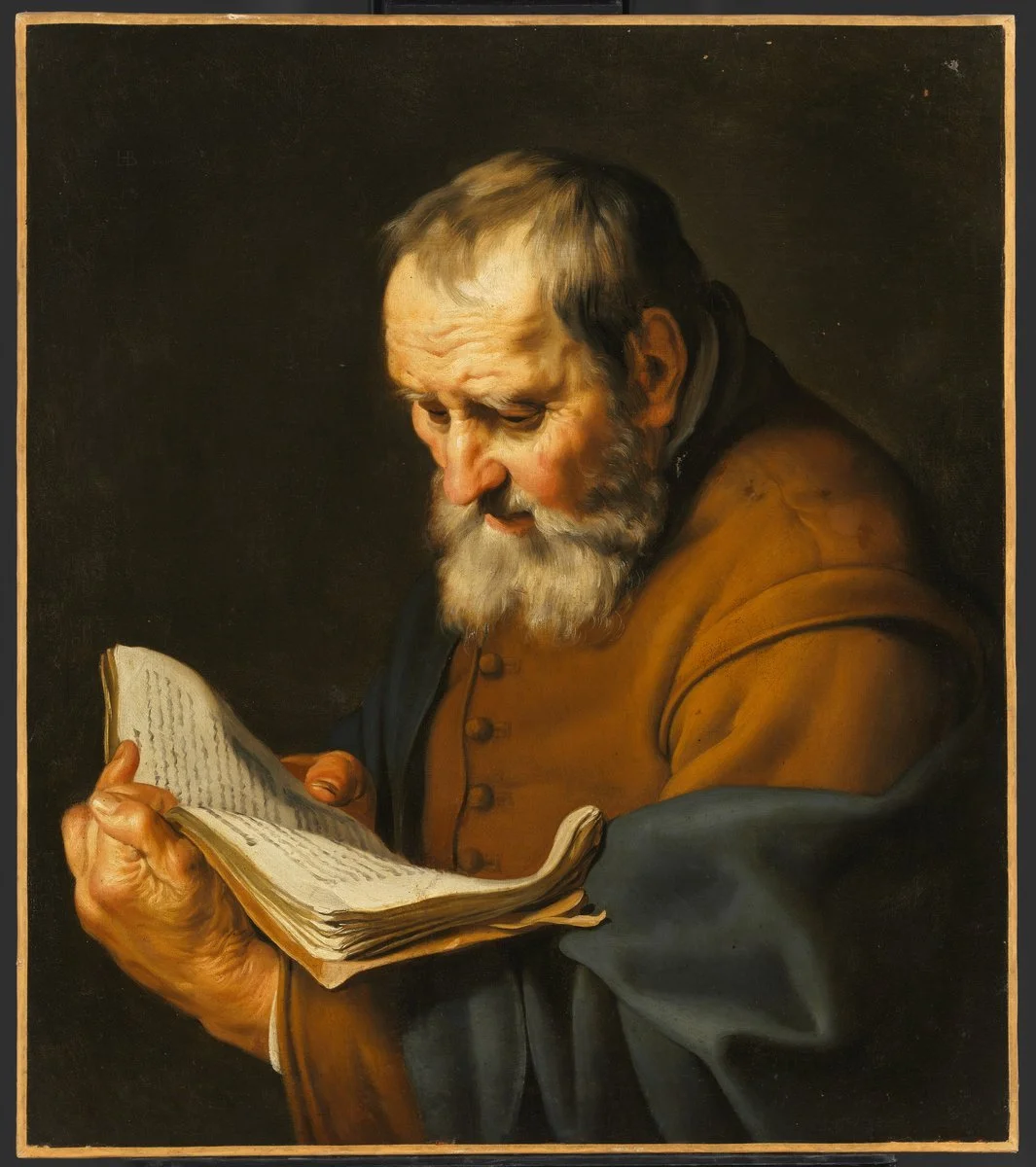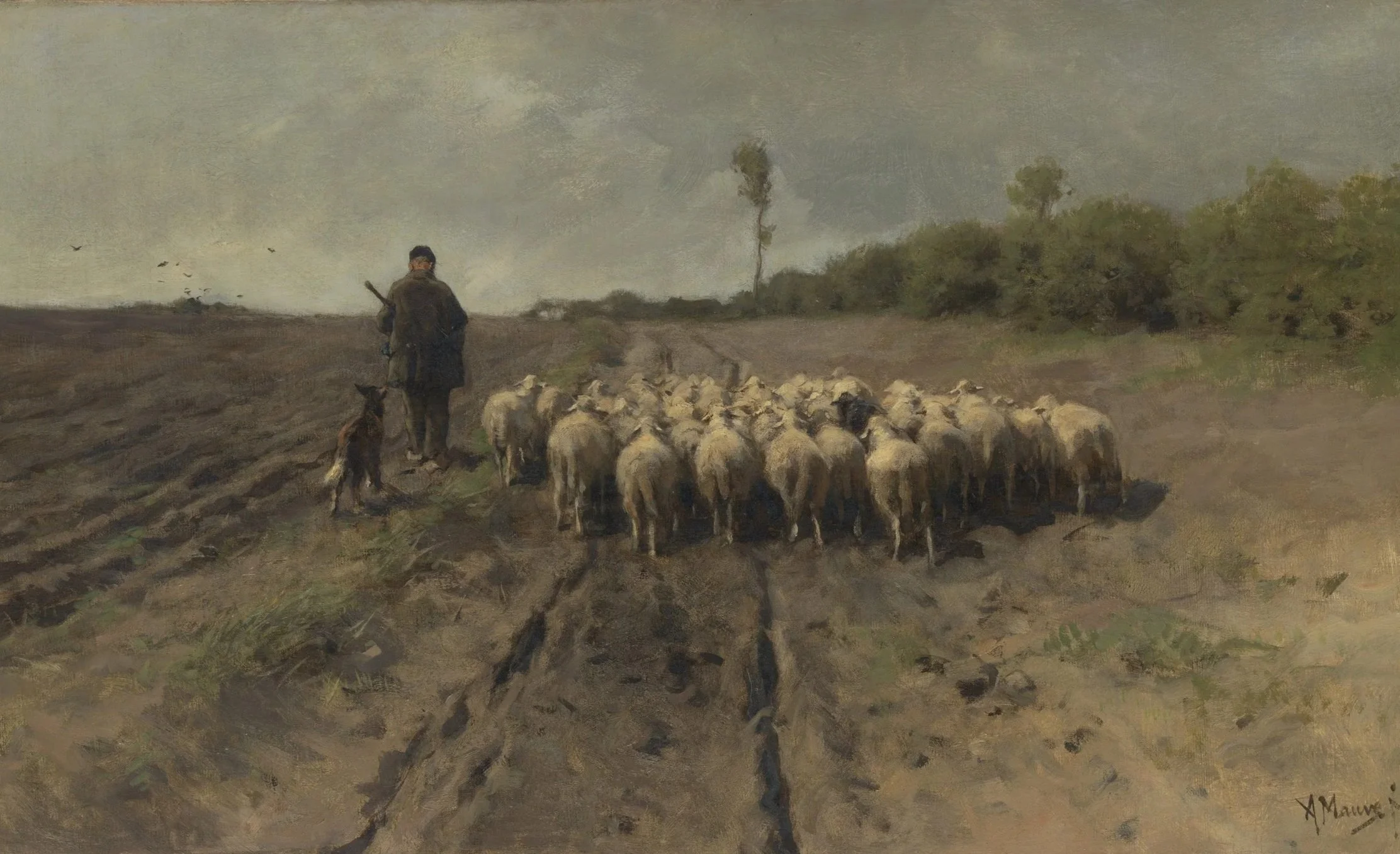Articles
A Call to Faithfulness for Magistrates and Citizens
Being a Christian should make a man a better husband, a better father—and a better magistrate if that is one’s vocation. As Christians, we should want the salutary influence of Christianity to pervade every aspect of human life.
Should We Be Friends With Our Students?
The idea of being a “peer” carries the notion of equality of station in life; being associated by common rank. Students are not the peers of teachers. Students are subordinate to teachers. The term “friend,” on the other hand, refers to two people who are not at odds with each other (friend is the opposite of foe), they do not wish harm to each other but, rather, they share a common interest or common interests.
Looking Ahead to 2026: A Letter from the Executive Director
As we look forward to another year at the Beza Institute for Reformed Classical Education, we are hopeful to provide more resources which serve as a blessing to the growing classical Christian education movement.
The Classical Education of George Bailey
George’s public-spiritedness, combined with his piety, are his distinctive virtues. They are also the essence and end of classical education, particularly the Protestant branch of the tradition inaugurated by Luther, who so strongly urged the liberal arts as the essential way to form youth consecrated to the service of God and the state.
Great Books Prepare Hearts for the Gospel
Great literature makes the gospel proclamation truly gripping. In these classic works, Christian teachers have a powerful resource to shape the next generation so they can see the glorious gospel. The encouragement to teachers and schools is to embrace these powerful resources and point students to Christ.
Luther’s Life and Leadership
If Luther was the first generation groundbreaking pioneer and polemicist, his successor Phillip Melanchthon was the second generation systematizer of Luther’s theology that would carry forth the reform. Luther’s pioneering leadership blazed a trail that second generation reformers like Melanchton, Calvin, Knox, and Zwingli would continue upon. For every school leader, their most important day within their academies is not the first but the last. Many leaders do not set up their successors for success, because they are not thinking about future generations. What you do today will echo on into the future of your school.
A Classical, Practical Education
Shouldn’t parents and educators equip students for success in today’s economic and social landscape? Can classical education offer anything of value beyond nostalgia for the age of Socrates, Plato, and Aristotle? To answer these questions, we must identify the ends we ought to seek through education, and then ask whether the classical Christian tradition befits these ends.
On Declamation
As classical educators, we are giving our students opportunities to soak in the greatest works of history and literature, to contemplate the Great Ideas of life, and to enter into the Great Conversation and to debate about the most important issues in the world. We should expect students to form their own thoughts about these things and we should demand that they share them with us!
Discipline without Destruction: Correcting Eye-Rolling without Crushing the Child
If we are to repair the ruins of our fallen children, then loving discipline is a needed tool in our toolbelt. Discipline and discipleship are inseparable if we are committed to shepherding the sheep in our care. Many children are like sheep without a shepherd, because their parents have not embraced the authority God has given them.
